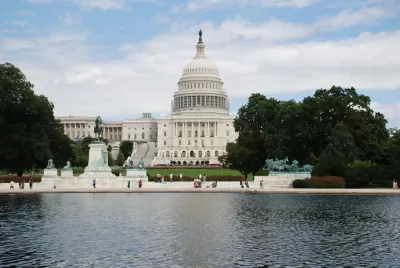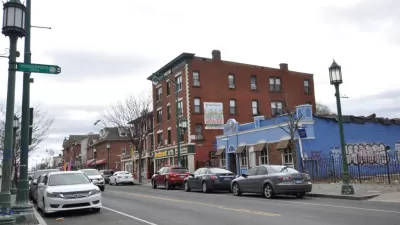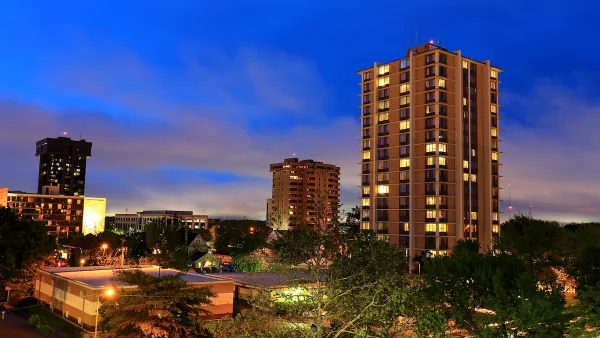If passed by the Senate, it would represent the most significant reform to the LIHTC in decades. Some say it’s still not enough.

Last month, the U.S House of Representatives passed a bill that would broaden the scope and accessibility of the low-income housing tax credit (LIHTC), reports Bianca Barragan in an article for Bisnow. Estimates project that the changes to the LIHTC within the Tax Relief for American Families and Workers Act would facilitate the creation of 200,000 new affordable housing units over the next few years.
The bill now goes to the Senate for consideration. If approved as written, it would:
- reinstate a 12.5 percent boost for the 9 percent version of the LIHTC that was implemented in 2018 but expired in 2021;
- allow states to allocate more credits for affordable housing projects, effective for taxable years beginning after Dec. 31, 2022; and
- lower the threshold of 4 percent state and local tax-exempt bond financing a project has to receive for its developer to qualify for the maximum credits to 30 percent instead of the current 50 percent.
With homelessness at record highs and the National Low-Income Housing Coalition finding that no state in the country has an adequate supply of affordable housing that the poorest renters can afford, affordable housing advocates say these proposed changes to the LIHTC are a “big deal,” writes Barragan. However, some say it doesn’t go far enough.
The National Low-Income Housing Coalition told Bisnow that even LIHTC-financed units are too expensive for the lowest income households and this legislation does nothing to address that. And the Federation of American Scientists recently called upon Congress to amend the federal code governing the program to require nonprofit developers to reinvest profits from LIHTC-funded properties into building more affordable units rather than spend it on other priorities not related to housing.
FULL STORY: 'This Is A Big Deal': LIHTC Could See Most Significant Reform In Decades

Planetizen Federal Action Tracker
A weekly monitor of how Trump’s orders and actions are impacting planners and planning in America.

Restaurant Patios Were a Pandemic Win — Why Were They so Hard to Keep?
Social distancing requirements and changes in travel patterns prompted cities to pilot new uses for street and sidewalk space. Then it got complicated.

Map: Where Senate Republicans Want to Sell Your Public Lands
For public land advocates, the Senate Republicans’ proposal to sell millions of acres of public land in the West is “the biggest fight of their careers.”

Maui's Vacation Rental Debate Turns Ugly
Verbal attacks, misinformation campaigns and fistfights plague a high-stakes debate to convert thousands of vacation rentals into long-term housing.

San Francisco Suspends Traffic Calming Amidst Record Deaths
Citing “a challenging fiscal landscape,” the city will cease the program on the heels of 42 traffic deaths, including 24 pedestrians.

California Homeless Arrests, Citations Spike After Ruling
An investigation reveals that anti-homeless actions increased up to 500% after Grants Pass v. Johnson — even in cities claiming no policy change.
Urban Design for Planners 1: Software Tools
This six-course series explores essential urban design concepts using open source software and equips planners with the tools they need to participate fully in the urban design process.
Planning for Universal Design
Learn the tools for implementing Universal Design in planning regulations.
Heyer Gruel & Associates PA
JM Goldson LLC
Custer County Colorado
City of Camden Redevelopment Agency
City of Astoria
Transportation Research & Education Center (TREC) at Portland State University
Camden Redevelopment Agency
City of Claremont
Municipality of Princeton (NJ)




























